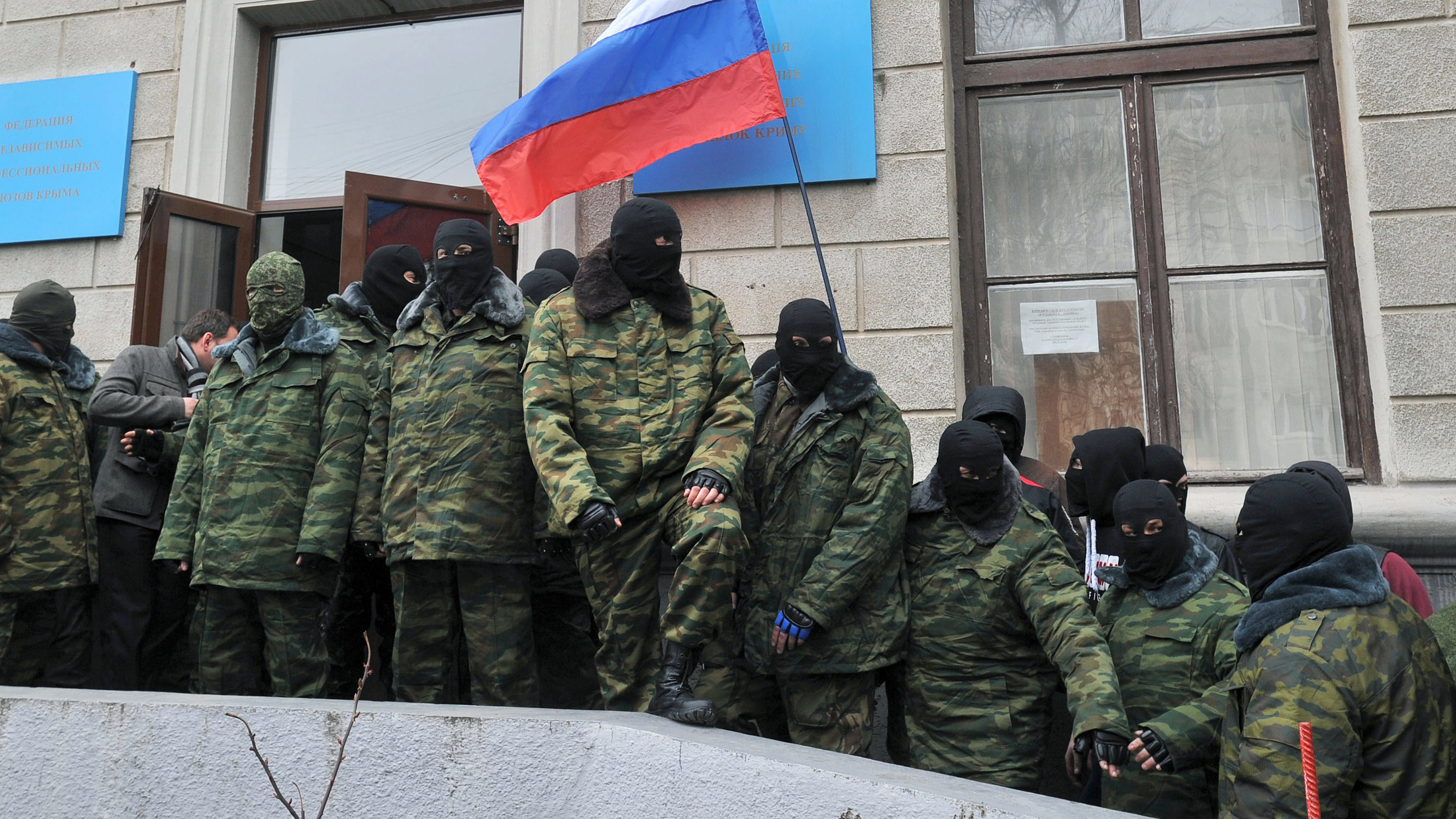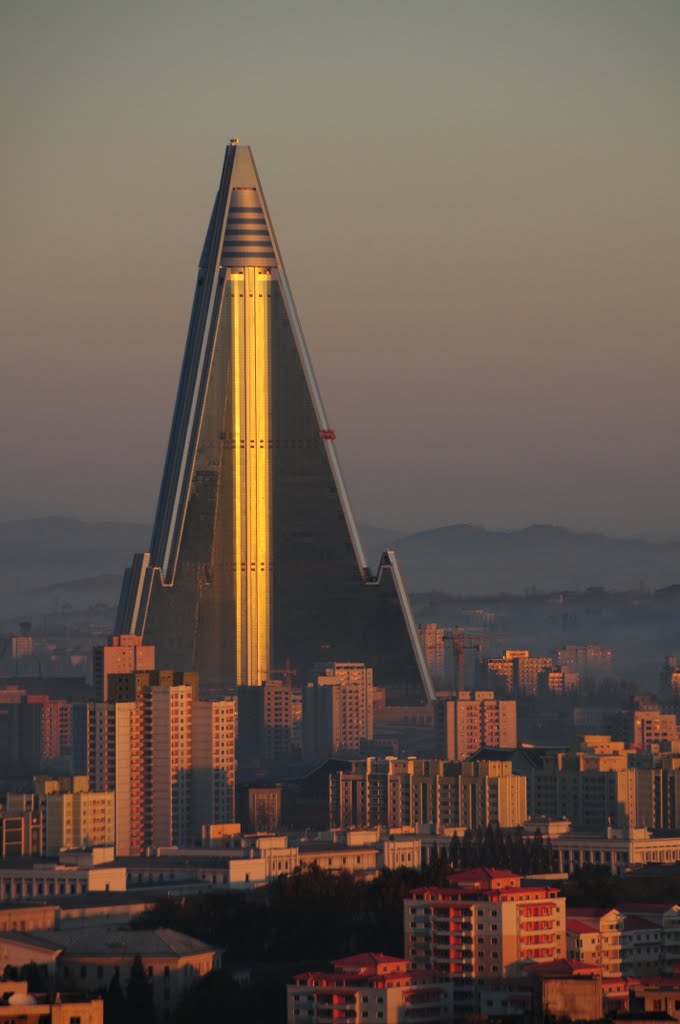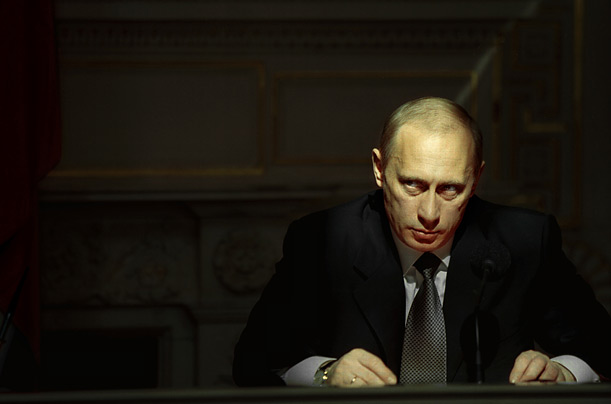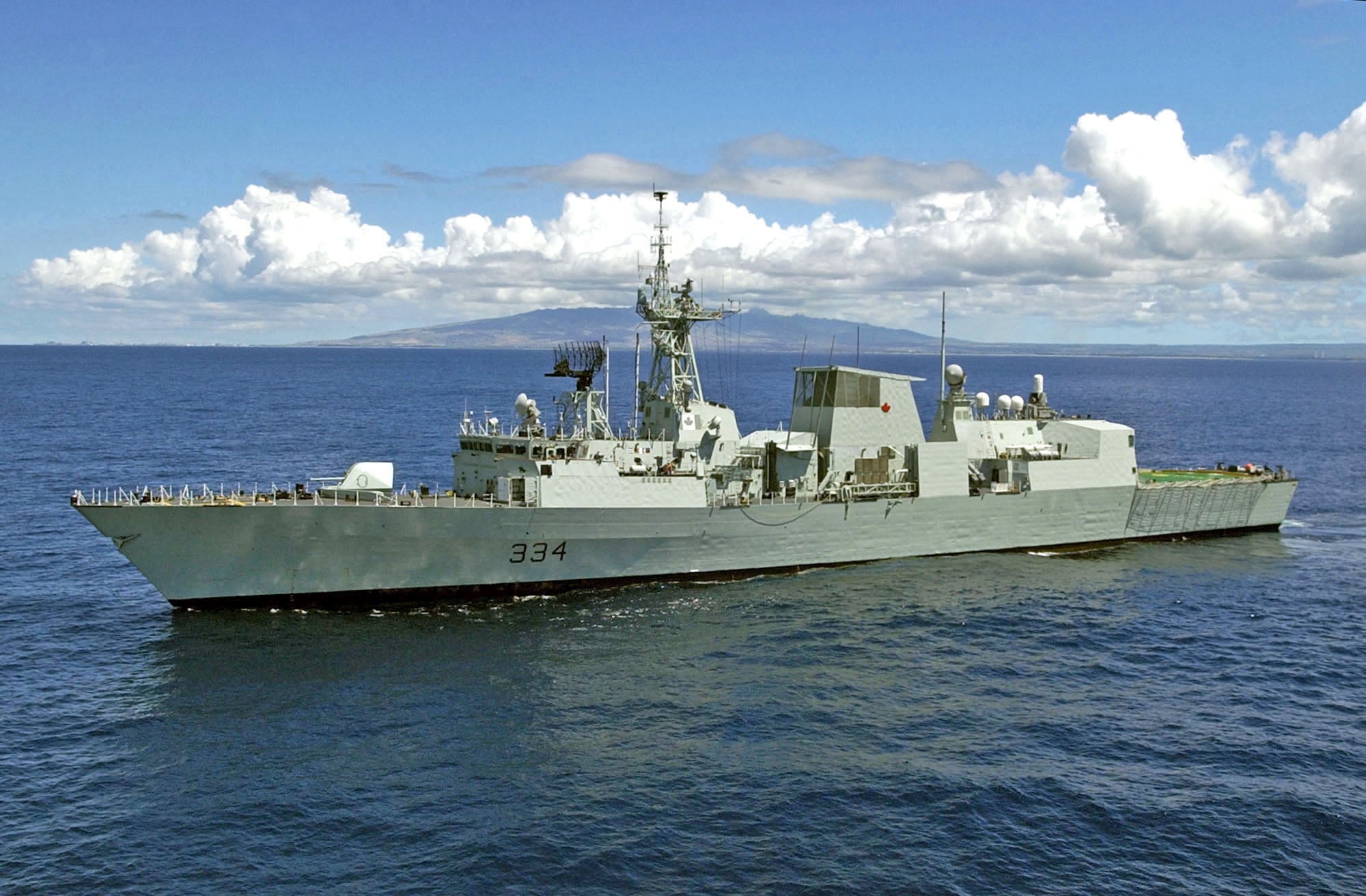In his inaugural address to the Parliament, Ukraine’s newly appointed Minister of Defence Valeriy Helety was uncompromising in his plan to restore full Ukrainian sovereignty. Velriy, who was appointed on 5 June, confidently stated “There will be a victory parade… in Ukraine’s Sevastopol.” This new leadership should have been the invigorating energy to help Ukraine overcome the months of chaos and instability it has been plagued with. Unfortunately all of this confidence was immediately squashed by the alleged downing of Malaysian Air 17 by pro-Russian separatists. The internecine struggle endures.
The litany of challenges includes major strategic and logistic obstacles that cannot be overcome with the current state of the armed forces.
Four months removed from annexing Crimea and implementing a program of subversion to destabilize the Donbass, Moscow appeared to have gradually reduced its covert influence. In addition to allegedly removing 40,000 Russian troops stationed along the Ukrainian border, a claim fiercely refuted by NATO, Moscow stood idle as Russian separatists occupied government buildings. With discontent in Donetsk and Luhansk running rampant the Kremlin begrudgingly observed President Petro Poroshenko’s continued offensive after the expiration of a 10 day ceasefire. Despite these incremental victories against rebel forces, attempting to recapture Crimea is an entirely different engagement; a proposal now made even more daunting in the light of the downed airliner straddling the Ukrainian-Russian border. Even in the depths of this despair hidden within this military quagmire is a striking opportunity for international defence firms.
Minister Helety is fully aware that the former Ukrainian territory is occupied by a professional Russian army. The litany of challenges includes major strategic and logistic obstacles that cannot be overcome with the current state of the armed forces. Currently, the state administered UkrOboronProm agency is responsible for state procurement and weapons development, however the military and its technical capacities were significantly reduced under former Ukrainian President Vicktor Yanukovych. Glaring holes have been exposed over the course of the last two months. Resources and basic military necessities like Kevlar jackets and uniforms are now even being supplied and crowd-financed by locals and Ukrainian expats abroad.
 Russia possesses some advanced military hardware that would make retaking Crimea impossible without heavy American support. Within their arsenal Moscow has; Iskander ballistic missiles, Su-27 flanker planes, a S-400 surface to air missiles system, akula submarines, as well as the Spetsnaz. The Spetsnaz Special Forces are especially worrisome for the prospect of regaining Crimea. According to a European security official, the Septsnaz are experts in creating, “confusion and chaos in the framework of a psychological offensive.” Further complicating a future military strategy is the diverse geography of Crimea that is divided into three zones: steppe, mountains, and a southern coast.
Russia possesses some advanced military hardware that would make retaking Crimea impossible without heavy American support. Within their arsenal Moscow has; Iskander ballistic missiles, Su-27 flanker planes, a S-400 surface to air missiles system, akula submarines, as well as the Spetsnaz. The Spetsnaz Special Forces are especially worrisome for the prospect of regaining Crimea. According to a European security official, the Septsnaz are experts in creating, “confusion and chaos in the framework of a psychological offensive.” Further complicating a future military strategy is the diverse geography of Crimea that is divided into three zones: steppe, mountains, and a southern coast.
All of these factors will force Minister Helety to extensively modernize his military. Given such an extensive need for advanced weaponry, many companies would be ready to help the military fill in its deficiencies. What separates this procurement process from others is the financial remuneration timeline. Major players like Boeing, Lockheed Martin, and Northrop Gruman do not sell products on the cheap and they expect to be paid immediately. Furthermore, there is a the strict reform regime imposed by the IMF to guarantee Ukraine’s $17 billion bailout.This financial restraint alone might be enough to dissuade the submission of bids.
This may provide an opportunity for middle-tier players likes CEA, Rheinmetall, and Rafael to submit more attractive bids for consideration with more flexibility both in terms of cost of products and repayment schedule. The Ukrainian market might be especially attractive to Rheinmetall whose defence contract with Russia was temporarily suspended by the German Economic Minister Sigmar Gabriel for Russia’s actions in Crimea. It goes without saying that any future defence dealings with Ukraine would not be soon forgotten by Russian government procurement agents in the future.
Canadian defence firms also stand to profit from this procurement lottery. Many diplomatic synergies exist and there is a more robust alignment with the Harper administration and Canadian firms. Canada’s support of a Moscow-free Ukraine dates back to 1991, when Ottawa was the first Western capital to acknowledge its independence. Publicly, the Prime Minister in concert with the Minister of Foreign Affairs, has repeatedly denounced the Kremlin’s seizure of Crimea as a violation of international law and voiced concerns about Russia’s future imperialistic ambitions. In response to Moscow’s sanctioning of Paul Grod, the head of the Ukrainian Canadian Congress, Harper stated, “They sanctioned a man for the sole reason that he’s Ukrainian. Now what does that tell you about the mentality of this government? What does it tell you about the reasons for why Ukrainians fear so much the Russian relationship with their country?”
Canadian manufacturers like CAE, Irving shipbuilding, Bombardier, and General Dynamics Land Systems could all participate in the completion of major defence projects. Not only would these companies profit financially, but they would also gain valuable experience and bolster Canada’s international prestige. Despite these potential gains, Ottawa must not discount the potential backlash it would face from Moscow. Putin already shares a great disdain for his Canadian counterpart and would likely not hesitate to inflict any political retribution. The obvious choice for retaliation would be repeated violation of Canada’s Arctic sovereignty. Just last month, Canadian fighters were scrambled to track Russian bombers over the Arctic. It would be naive for the Defense Department not to expect the same type of bellicose behaviour in the future. Russia could also undermine the Arctic Council by continuing to weaponizetheir Arctic installations.
Minister Helety’s brave words about to retaking Sevastopol are to be commended. For too long Kiev has been subject to derision from Moscow as the West remained complacent. Consequently, retaking Crimea cannot be viewed as an impulsive exercise, but would have to be a well-choreographed rescue operation. As Moscow continues to suffer from U.S sanctions and foreign financial divestment its administrative grip on Crimea will wane. Crimean citizens will not tolerate an inability to pay pensions, and non-investment in infrastructure is finite. This festering discontent will provide adequate time for the Ukraine military to recompose itself and reach a sufficient level of operability. Even when these military levels are satisfied, retaking Crimea is by no means guaranteed. During the Second World War a rag tag Red Army defended Sevastopol for three months under heavy Nazi’s bombardment. In other words the spilt blood of Russians is not easily forgotten by them, nor would they consider the cost too high to avenge it.
With the combined support of the international community as well as a conglomerate of defence firms, Minister Helety would finally have a functional army at his disposal. The ultimate goal of returning Crimea is ambitious and one that needs to be approached with realistic expectations. All the Minister is asking for is a fighting chance.





